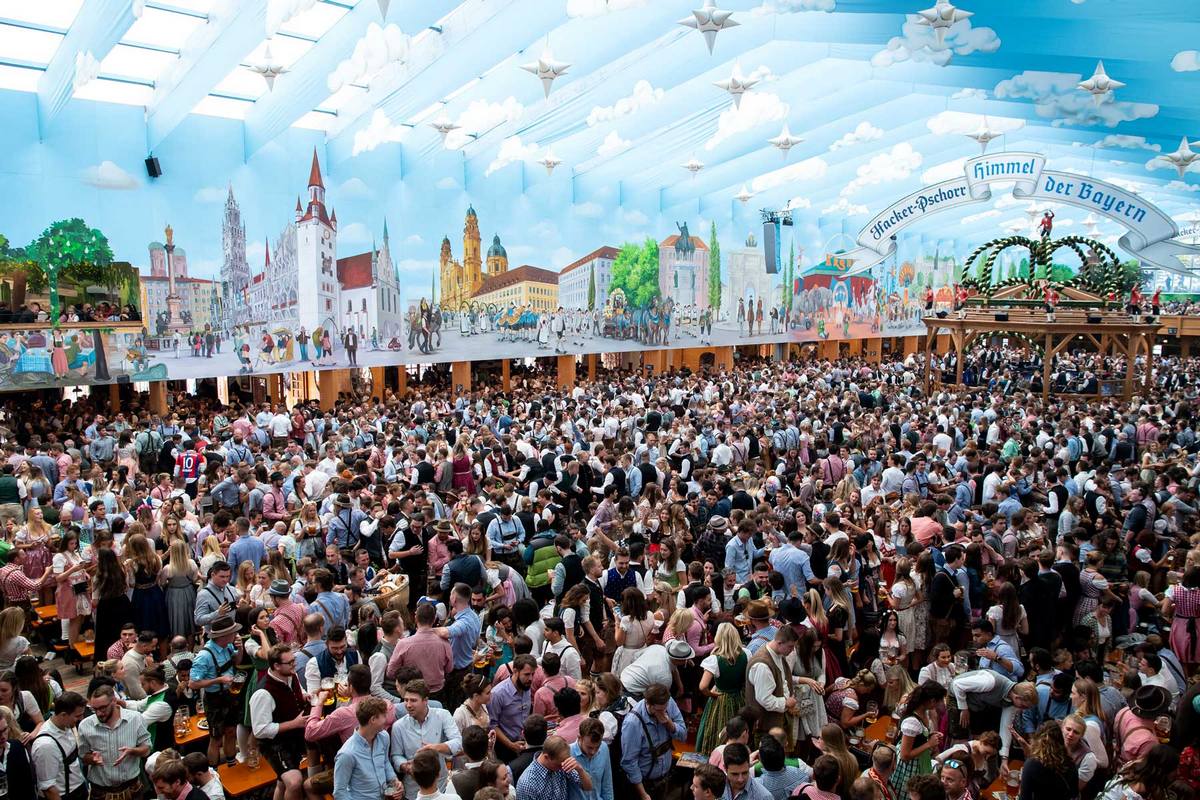This fall, beer glasses will no longer be raised at the world’s largest folk festival. German officials have announced the cancellation of Oktoberfest, noting for the second year in a row that the tradition has been canceled due to concerns about the coronavirus.
“It was a difficult decision, but I have to make it now, and I did it,” Munich Mayor Dieter Reiter said Monday, calling health and safety a priority. “That’s why there won’t be a Wiesn in Munich this year either.”
Although the European Union plans to reopen fully vaccinated Americans this summer, Reuters warned that the pandemic was not over: “The risk that people here can be infected with the coronavirus is simply too great,” he added, acknowledging the economic consequences.
Initially, the 187th celebration of Oktoberfest was to take place from September 18 to October 3. Despite being more than four months away, the decision was unanimous, as described by Bavarian President Dr. Marcus Seder, due to three factors. “First, the situation is too uncertain. We have economic obligations here – the later cancellation of Oktoberfest will be an economic loss,” he told a news conference.
Previously, there was hope that Oktoberfest 2021 could be held safely, but the third wave of COVID-19 put an end to this. The country is currently in a blockade mode, which is expected to last until June, according to CNBC. This includes a ban on large gatherings, and the festival typically attracts six million visitors, according to the Associated Press.
To date, 3438,186 cases of COVID-19 and 83,660 deaths have been reported in Germany, according to the John Hopkins Coronavirus Resource Center.

